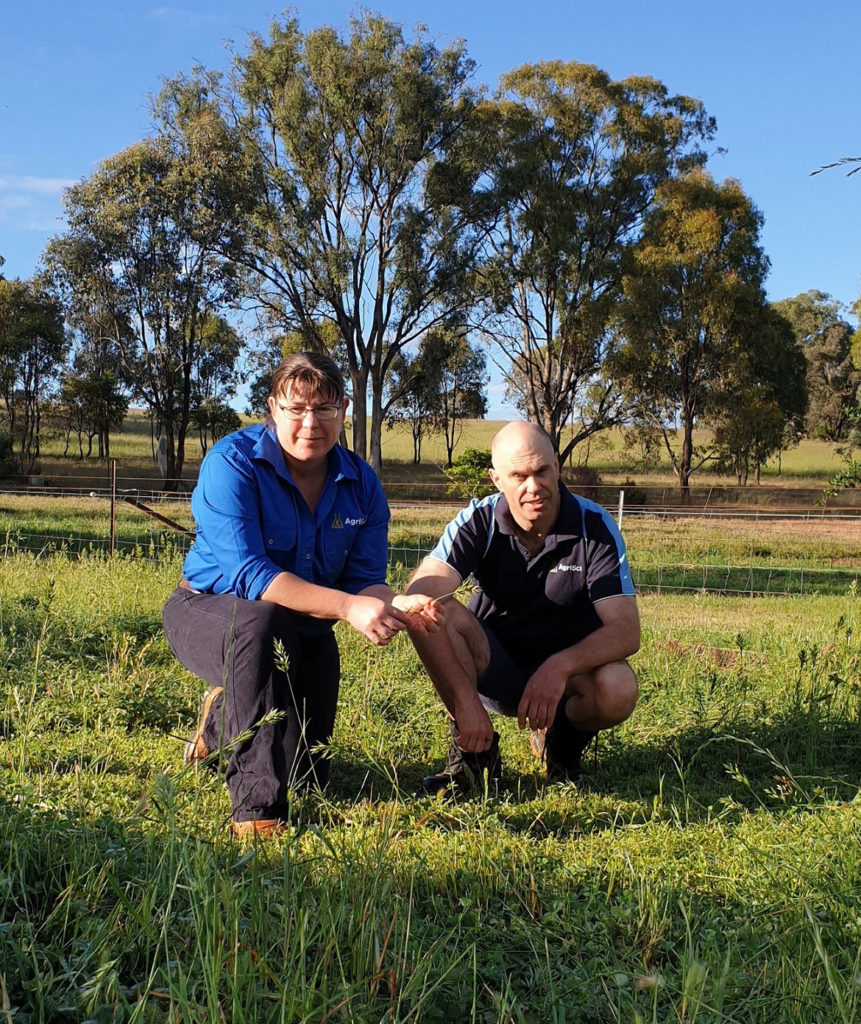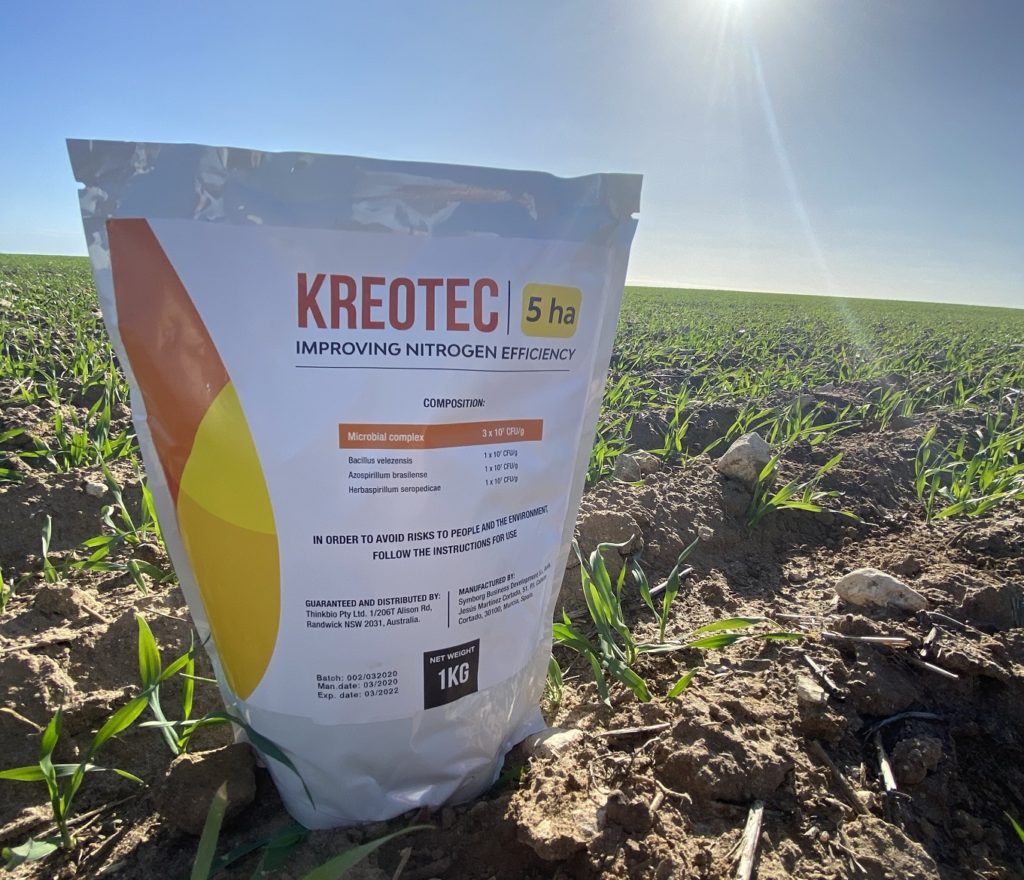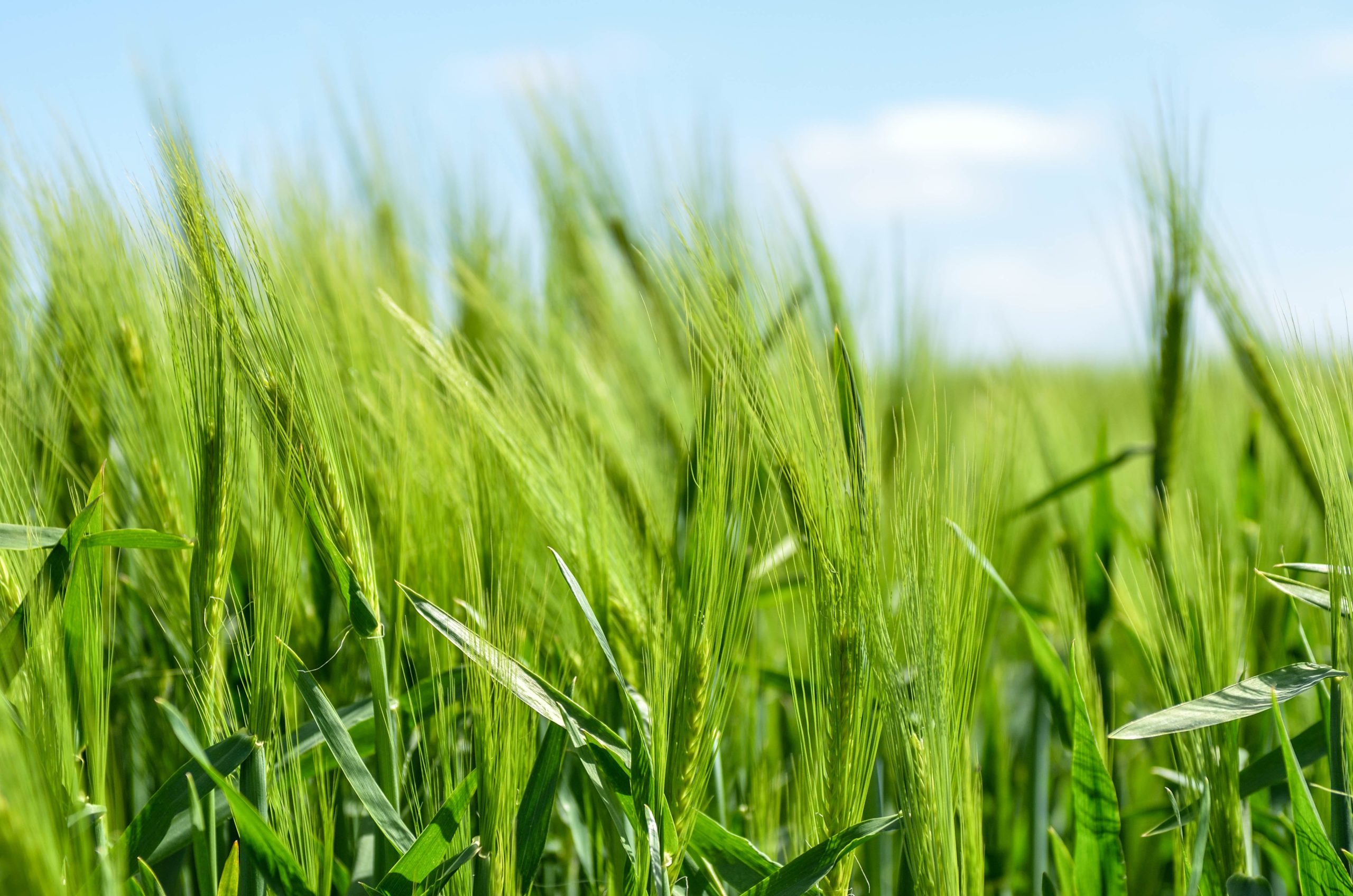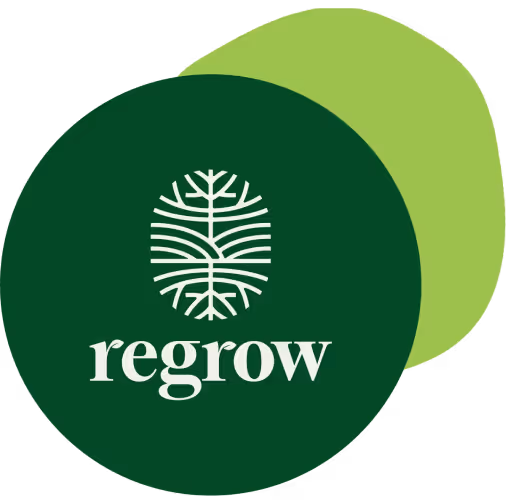Dr. Cassandra Schefe and David Hawkey run AgriSci, an agricultural consultancy that advises and works across farming systems.
A soil scientist, Dr. Schefe works with several multinational companies through the food supply chain. She says many are signed up to the Paris Agreement on climate change and must report progress to stakeholders.
These organisations have set sustainability targets and need to quantify and demonstrate change. They are actively looking to reduce inputs and measure what that means for the entire food system.
Essentially, they need to demonstrate sustainable sourcing, which means greater scrutiny of current growing practices.
It has the potential to affect market access and returns for growers.
Significant greenhouse gas emissions are associated with the production and use of synthetic nitrogen fertilisers, with some areas of the EU legislating the levels and timing of application.
Dr. Schefe says that measuring the impact of reduced fertiliser application is easy to quantify.
If you can report a percentage reduction per hectare, that’s a very clear outcome that can be communicated simply.
We know food processors are keen to see more sustainably-grown crops which will, by necessity require new tools and techniques for farmers.
With nitrogen, for example, growers can reduce inputs to be more sustainable, but they cannot afford to reduce productivity.
The challenge is that, currently, to achieve high yields farmers need to use more nitrogen fertiliser than they did in the past because the organic matter in soil systems has been driven down, meaning greater dependency on applied nitrogen.
If they are to deliver on the processors’ targets and maintain yield, growers will need reliable advanced technologies to help change current practices.
New generation, complementary options showing promise

In response to some of these concerns, corporate farms, like Macquarie Group’s Lawson Grains, are trialling Kreotec, a new treatment that helps growers with nitrogen management. In-field canola, wheat and barley strip trials are underway, with the AgriSci team assessing several fertiliser combinations with and without Kreotec against a control.
Developed in Australia, Kreotec is a proprietary formulation of selected strains of bacteria that fix atmospheric nitrogen and improve nitrogen use efficiency, allowing growers to potentially reduce applied nitrogen by up to 30-40% without impacting yield.
Commercially available in Australia, it can be used across a wide range of crops ranging from cereal and horticultural crops, sugarcane and pasture.
Lisa Anderson, managing director of developer Thinkbio, says the bacteria in Kreotec are microencapsulated, protecting the microbes so they are shelf-stable and easy to handle.
The microbes are applied directly to the leaf allowing the bacteria to inoculate and colonise the plant, mitigating variability due to pH, temperature, moisture levels, and competing bacteria that is traditionally associated with soil application.
This method of fast and reliable application of microbes directly into the plant increases the amount of nitrogen available throughout the growing season. It means we can reduce applied fertiliser while preserving or improving yields
Reliable like-for-like assessment
Australian agtech innovator, FluroSat, is helping to evaluate the efficacy of Kreotec in trials.
The challenge with large-scale on-farm trial work is variation within and between different parts of the paddock in terms of things like soil type, topography and so on.
He says this can make it difficult to obtain clear cause-effect outcomes.
We are using FluroSat’s tools to understand and quantify this variance. In the data we can clearly see when certain events have happened, such as a Kreotec or urea application.
Satellite images taken every 3-5 days derive the chlorophyll content in the crop canopy. This is indexed to measure plant health and demonstrate the correlation between Kreotec use and the N status of the crop.
By combining farm-level data with remote sensing insights, the team can make informed in-trial observations and decisions.
For example, the image analysis helps us identify areas within the trial strips to take physical leaf samples for testing. It is important we take these from representative areas across the trial, so that we are comparing like-with-like across the paddock. It makes it possible for different application combinations to be compared accurately and give growers confidence in the results.

Kreotec has product registrations, sales and commercial validation trials underway across a range of crops in more than 10 countries, including the US and several in Europe.
Our job here is to demonstrate and quantify the benefits Kreotec can deliver in terms of nitrogen management for different Australian farming crops and conditions.
So far, the results are very encouraging.
To learn more about ThinkBio, visit them at https://thinkbio.com.au.



